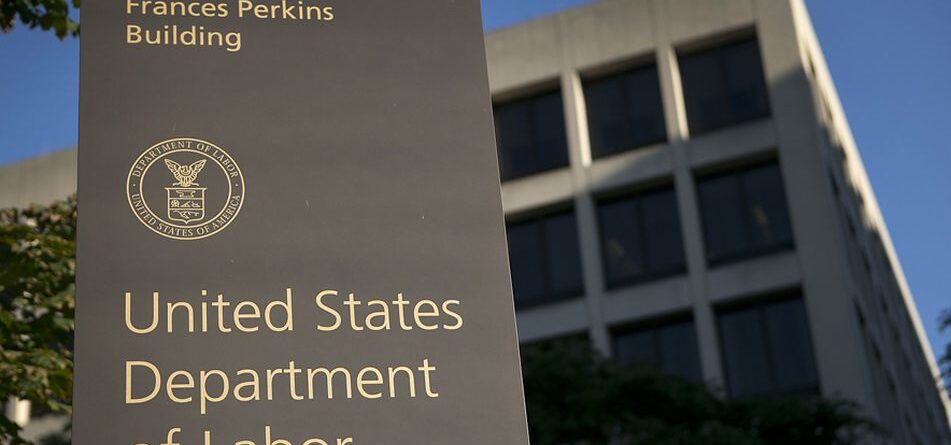US department of labor announces proposed rule to protect retirement savers’ interests by updating definition of investment advice fiduciary
The U.S. Department of Labor today announced that its Employee Benefits Security Administration has proposed a retirement security rule updating the definition of an investment advice fiduciary under the Employee Retirement Income Security Act.
Aligned with the Biden-Harris administration’s efforts to protect retirement investors, the proposal would require trusted investment advisers to adhere to high standards of care and loyalty when they make investment recommendations and avoid recommendations that favor their financial and other interests at the expense of retirement savers.
The updated definition of an investment advice fiduciary would apply when financial services providers give investment advice for a fee to retirement plan participants, individual retirement account owners and others. While investment professionals deserve to be paid fairly for helping people meet their savings goals and retire with dignity, there are some financial advisers who put their interests before their clients’ interests. This can result in reduced returns and higher costs which are junk fees that chip away at many Americans’ savings. Analysis of just one investment product—fixed index annuities— suggests that conflicted advice could cost savers up to $5 billion per year for this product alone. The proposed rule would also ensure investment professionals are able to compete for business on a level playing field, instead of an unbalanced system that holds advisers to different standards based on their recommended products.
The current definition, adopted in 1975, was written at a time when IRAs were less common and 401(k) plans did not exist, so most Americans relied on traditional defined benefit pensions retirement savings. In today’s marketplace, individual plan participants and IRA owners — rather than professional money managers — are expected to make important, complex financial decisions and seek the help of expert advisers, making the proposed rulemaking necessary.
“For too many workers, the road to lifelong financial security is unnecessarily paved with uncertainty,” said Acting Secretary of Labor Julie Su. “This rule ensures that savers of all income levels can work confidently with investment professionals to grow their nest egg and prepare for the joyful retirement they deserve. America’s workers and their families should not have excess fees and lost investment returns chipping away at their retirement savings due to the cost of conflicted investment advice.”
The department is also proposing amendments to related existing administrative prohibited transaction exemptions that are available to investment advice fiduciaries. The proposed amendments seek to make the exemption conditions more uniform and protective. Under ERISA, investment advice fiduciaries must avoid conflicts of interest or comply with the conditions of a PTE. The proposed amendments to the exemptions would uniformly require investment advice fiduciaries to give advice that meets a professional standard of care or duty of prudence, puts the retirement investor first or duty of loyalty and would prohibit advisers from charging more than reasonable compensation or misleading investors.
“Investment professionals routinely hold themselves out as giving expert advice based on the financial interest of the retirement investor, rather than the investment advice provider’s financial interests,” said Assistant Secretary for Employee Benefits Security Lisa M. Gomez. “This proposed rule would ensure that when investors entrust their retirement security to such investment professionals, their confidence will not be misplaced, regardless of the type of investment recommended. Workers and their families deserve no less.”
The proposed update to the definition of an investment advice fiduciary and the proposed amendments to the prohibited transaction exemptions will be posted on the department’s website today and subsequently published in the Federal Register.
The proposals include a 60-day period for public comments and instructions on how to submit comments. The department also intends to hold a public hearing approximately 45 days after the proposals are published. Further information on the hearing will be published in the Federal Register at a later date.
Read more @dol











